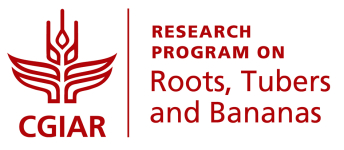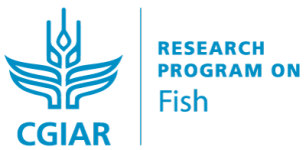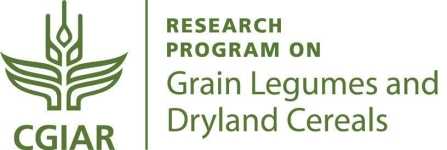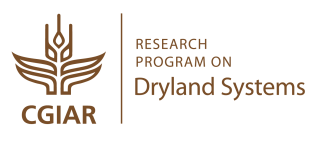ORCID Implementation for the ICARDA Research Staff
Published on: April 25, 2020, Submitted by Sara Jani on: November 11, 2018
Linking MELSpace with ORCID to ensure recognition and improve search of the information products across many research information databases, goes through ensuring that all ICARDA Research staff has an ORCID iD.
ORCID ICARDA Implementation, Before & After.
On 2018, Monitoring, Evaluation and Learning (MEL) has initiated a plan to ensure that all the staff of the International center of Agricultural Research in the Dry Areas (ICARDA), who are involved in research have an ORCID iD synchronized with MEL.
What it ORCID and why it is Important to have an ORCID iD?
ORCID is a not-for-profit organization, it provides free of any charge a persistent digital identifier that distinguishes each research from every other one. Thus by having an ORCID iD the research staff will be provided with the most trusted and well recognized connections among several organizations (e.g. academic institutions, publishers, businesses).
Besides, it will facilitate the research work transfer among several research communities and MEL and ORCID in particular, benefiting from easier information sharing, reduced manual entry in forms, and improving search and discovery in many research information databases.
The plan
The plan was to ensure all ICARDA scientists have an ORCID iD synchronized with MEL by checking if the ICARDA research staff had an ORCID iD already and, in case they had, if it was synchronized with MEL and helping the ones who do not have an ORCID iD to create one and synchronize it with MEL. The work started in April and the data has been collected and analysed in two stages, mid of April and August. The total data on ICARDA research staff was 141 resources.
The results for the first stage (April) showed that out of 141 rescources screened, the total number of resources who had an ORCID iD was 74 (52%), of which 28 were synchronized with MEL and 46 resources were not. 67 (48%) resources had no iD.
|
|
|
Another round was done during August to complete the implementation of ORCID iD within ICARDA.
The results for August showed that out of 141 resources screened, the total number of resources who had an ORCID iD was 114 (80%), of which 108 were synchronized with MEL and 5 were not. 28 (20%) resources had no iD.
With the increase of +39 (+28%) registered ORCID iDs, +80 iDs (+57%) synchronized with MEL. The activity has almost maximized the usage of ORCID within ICARDA.
|
|
In conclusion, The purpose and the idea of having ORCID iD is still not clear enough among the research staff as some thinks it is not a necessity while the others think it is more work for them. Most probably this was due to lack of a good introduction to ORICD.On the other hand some welcomed the process and were very supportive during the implementation period.
There are still a lot of be done in order to gain the confidence and cooperation of the research staff regarding the usage of ORCID iD. However, this should be a mutual work between ICARDA and its Research staff for this it is recommended that the Human resources unit in ICARDA to Persuade the new staff to create an ORCID iD and liaise with MEL for syncronization, Moreover, more trainings and edutional materials on the importance of having ORCID iD is higly recomended to encourage Scientists to communicate ORCID iD to publisher.
Acknowledgement
ORCID, a non-profit organization helping create a world in which all who participate in research, scholarship and innovation are uniquely identified and connected to their contributions and affiliations, across disciplines, borders, and time.
The International Center for Agricultural Research in the Dry Areas (ICARDA), an international organization undertaking research-for-development.




